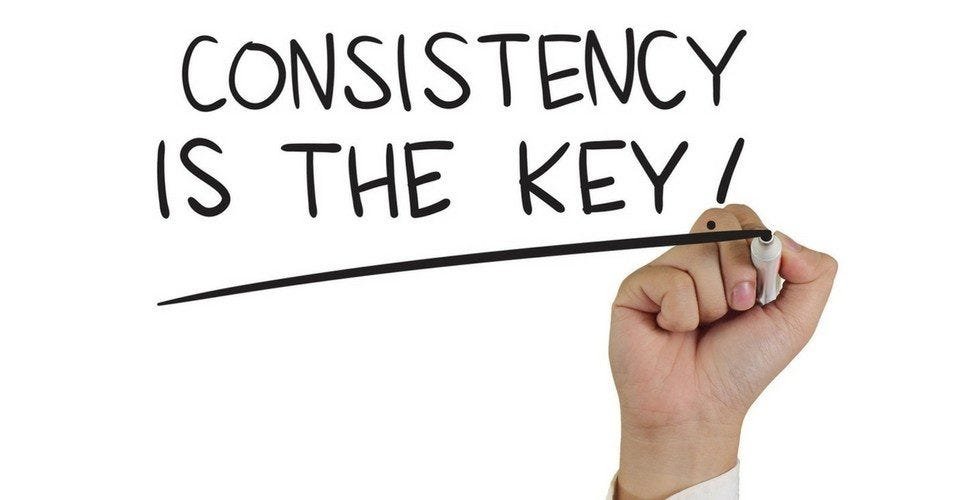By reimagining the insight of Leo Babauta’s reflection on daily habits, we uncover a simple but transformative truth: what you do every day — even if it’s just a little — shapes your future more than grand gestures or perfect plans ever could.
In a world obsessed with instant success and sweeping change, it’s easy to overlook the value of modest, repeated effort. But the quiet strength of daily commitment holds the secret to lasting progress, whether it’s in learning, health, creativity, or life management.
A Game of Patience: Learning Bit by Bit
Imagine picking up a complex skill like chess — a game of strategy, foresight, and intense mental challenge. You start as a novice, fumbling through moves and struggling to see more than a turn ahead. But what if you study it daily? Not obsessively, not for hours, but steadily — maybe half an hour here, a puzzle there, a quick game online. After four months, you’re not suddenly a grandmaster, but you’re no longer a complete beginner either. You begin to see patterns, develop instincts, and feel a quiet sense of growth.
That’s the kind of progress Leo Babauta describes. The lesson isn’t about becoming exceptional overnight; it’s about moving beyond where you were yesterday. Progress doesn’t announce itself loudly. It accumulates quietly, steadily, in the background — like water wearing down stone, or a seed slowly growing under the soil.
The Body Responds to Habit
Now consider the body. Health and fitness aren’t achieved in a single intense workout or a strict diet that lasts a week. They’re built — and maintained — through small daily choices. A short walk, a few shots on the basketball court, lifting weights, or jogging for fifteen minutes: these might seem too minor to matter on their own. But over time, these gentle actions compound.
After weeks and months, something shifts. You feel stronger, more energized. Movement becomes second nature rather than a chore. Fitness is no longer a goal on the horizon but a part of your everyday life. Again, it’s not about perfection or pushing limits — it’s about showing up, consistently, in small ways.
Progress in Work and Life
Daily life throws constant demands at us — emails to answer, tasks to complete, decisions to make. It’s tempting to avoid difficult work or wait for the perfect time to tackle it all. But when you chip away at the important and the uncomfortable tasks regularly, you keep life in order. It may not feel glamorous, but this steady effort builds a sense of stability and control.
Even on off days — when you’re traveling, feeling under the weather, or managing family responsibilities — the rhythm you’ve established helps you return without starting from zero. Maintenance, after all, is easier than repair. Just as with health or learning, life flows better when it’s kept in motion by daily effort.
Creating Through the Struggle
Then there’s the creative process — in Babauta’s case, writing a book. He admits that most days the writing doesn’t come easily. It’s a struggle. And yet, by committing to show up for an hour each weekday, the manuscript is slowly taking form. Sentence by sentence, chapter by chapter, the book moves closer to being complete.
This is perhaps the most counterintuitive lesson of all: progress doesn’t require inspiration or ease. It requires showing up. The act of doing — especially on the hard days — is what pushes a project across the finish line. Creativity isn’t a lightning bolt; it’s a practice.
The Magic of “Most Days”
The beauty of this approach is its realism. You don’t have to do something every single day without fail. Life is unpredictable, and nobody is perfect. What matters is consistency over time — most days is enough.
Most days you study, and your knowledge grows.
Most days you move your body, and your health improves.
Most days you face the tough tasks, and your life stays on track.
Most days you create, and the work gets done.
Small daily actions aren’t glamorous. They don’t grab headlines or produce instant results. But they’re dependable. They are the quiet architects of long-term change.
Conclusion: Trust the Process
We often wait for the big moment — the motivation, the opportunity, the breakthrough. But real progress doesn’t come in a burst; it unfolds gradually, built on the foundation of regular effort. When you do a little each day, you plant seeds that grow in unexpected ways.
So if you’re aiming for something — a skill, a healthier body, a finished project, a better version of your life — don’t wait for the perfect moment. Begin now. Do a little. And then do a little more tomorrow. You might not notice the change at first. But in time, you’ll look back and realize how far you’ve come — one small step at a time.





